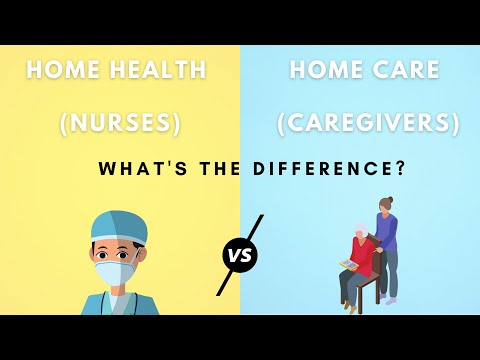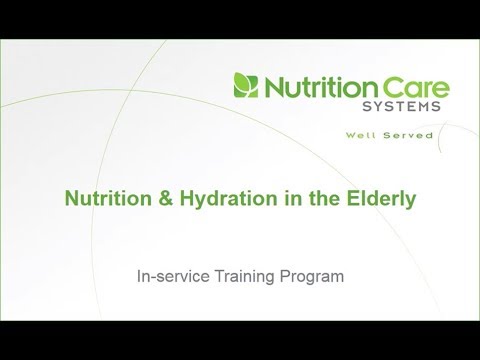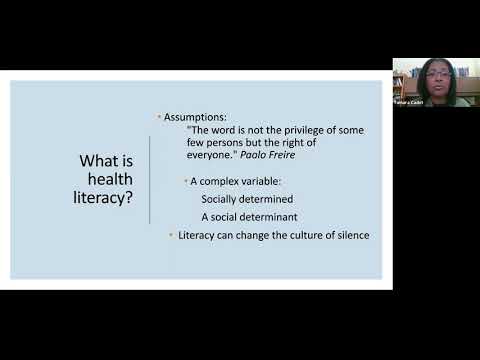Elder Care vs Home Health Care: Which is Right for You?
Contents [show]
Compare and contrast the two types of caregiving services – elder care and Home Health Care – to see which one better meets your needs.
Checkout this video:
What is elder care?
Elder care is a broad term that can refer to a wide range of services and care options for seniors. It can include everything from in-home care and assistance to skilled nursing care and even hospice care. When deciding what kind of elder care is right for your loved one, it’s important to consider their specific needs and preferences.
There are several different types of elder care, each with its own set of benefits and drawbacks. In-home care for example, is generally less expensive than skilled nursing care, but it may not be able to provide the same level of medical support. Here’s a closer look at some of the most common types of elder care:
In-home Care: In-home care provides seniors with the assistance they need to live independently in their own homes. Services can include help with activities of daily living such as bathing, dressing, and eating, as well as light housekeeping, transportation, and medication management.
Home health Care: Home health care is a type of medical care that is provided in the patient’s home by a licensed health professional. Services can include skilled nursing care, physical therapy, and speech therapy.
Hospice Care: Hospice care is a type of end-of-life care that focuses on providing comfort and support to patients who are terminally ill. Services can include pain management, emotional support, and spiritual counseling.
What is home health care?
Home health care is a broad term that can refer to a wide range of services provided in the home. These services can be provided by a variety of professionals, including nurses, therapists, home health aides, and other health care workers. The goal of Home Health Care is to help people recover from an illness or injury, manage a chronic condition, or cope with the effects of aging.
There are many different types of home health care services, and the type of care you need will depend on your individual situation. You may need help with basic activities like bathing and dressing, or you may need more complex medical care. In some cases, home health care can be temporary, while in other cases it may be long-term.
If you’re considering home health care for yourself or a loved one, it’s important to learn as much as you can about the different types of services available and what to expect. Keep reading to learn more about home health care and how to decide if it’s right for you.
What are the differences between elder care and home health care?
There are a number of differences between elder care and home health care. Home health care is typically provided by a licensed professional, such as a registered nurse, and is focused on helping the patient recover from an illness or injury. Elder care, on the other hand, is designed to help seniors with activities of daily living, such as bathing, dressing, and eating. elder care may also include transportation services, light housekeeping, and companionship.
What are the similarities between elder care and home health care?
There are many similarities between elder care and home health care, but there are also some important differences. Both types of care involve providing assistance with activities of daily living, such as eating, bathing, dressing, and using the bathroom. Both types of care can be provided in the home or in a senior living community.
The main difference between elder care and home health care is that home health care is medically focused. Home health care workers are trained to provide skilled medical care, such as administering medication or wound care. Elder care workers are not typically medically trained, but they can provide social and emotional support to seniors.
Another difference between elder care and home health care is that elder care is typically provided on a long-term basis, while home health care is typically short-term. Elder care can be provided by a family member, friend, or professional caregiver. Home health care is most often provided by a nurse or other medical professional.
If you’re considering elder care or home health care for yourself or a loved one, it’s important to understand the similarities and differences between these two types of care. Talk to your doctor or a professional caregiver to help you make the best decision for your unique situation.
What are the benefits of elder care?
Elder care is a type of health care provided for elderly people. It involves a variety of services such as home health care, adult day care, and long-term care. Elder Care can be beneficial for seniors in many ways.
Some benefits of elder care include:
– increased life expectancy
– improved mental health
– improved physical health
– reduced risk of injury
– reduced risk of falls
– reduced risk of hospitalization
What are the benefits of home health care?
There are many benefits to home health care, including the following:
-Patients can receive care in the comfort of their own homes
-Families can be involved in the care of their loved ones
-Home health care is less expensive than other forms of care
-Patients can receive individualized attention and care
What are the drawbacks of elder care?
There are many potential drawbacks to elder care, especially if you choose to go the route of in-home health care. First and foremost, cost is always a significant concern. In-home health care can be expensive, and it’s important to factor that into your decision.
In addition, there can be a lot of coordination involved in setting up elder care, especially if you have multiple family members who live in different places. It can be difficult to make sure everyone is on the same page with regards to scheduling and communication.
Finally, it’s important to remember that not all elder care providers are created equal. There is a wide range of quality among home health care providers, so it’s important to do your research and choose a provider that you feel confident in.
What are the drawbacks of home health care?
There are a few potential drawbacks to home health care that you should be aware of before making a decision. First, it can be more expensive than other types of care, such as nursing home care. Secondly, there is always the risk that your loved one will not receive the same level of care at home as they would in a controlled environment such as a nursing home. Finally, if your loved one has complex medical needs, they may require more attention than a home health care worker can provide.
How do you choose between elder care and home health care?
There are a number of factors to consider when deciding whether elder care or home health care is the right option for you or your loved one. Some of the things you may want to take into account include:
-The level of care needed
-The severity of illness or disability
-The preference of the individual receiving care
-The location (if the individual will be moving)
-The cost
Elder care is generally appropriate for individuals who need assistance with activities of daily living, such as bathing, dressing, and eating. Home health care is typically recommended for individuals who have a more severe illness or disability and require skilled medical care.
Ultimately, the decision between elder care and home health care should be made based on what will best meet the needs of the individual receiving care.
How do you know if elder care or home health care is right for you?
There are a lot of factors to consider when choosing between elder care and home health care. Here are some things to think about:
-Your budget
-The level of care your loved one needs
-How much help you need
-The location of your loved one
-Your scheduling needs
-The type of care your loved one needs







